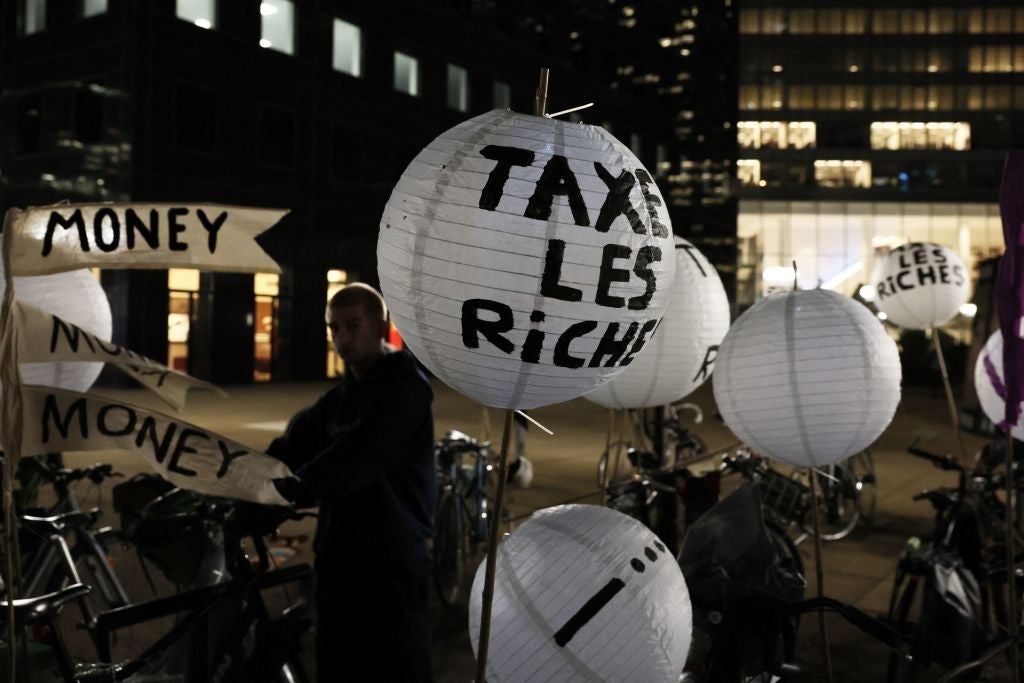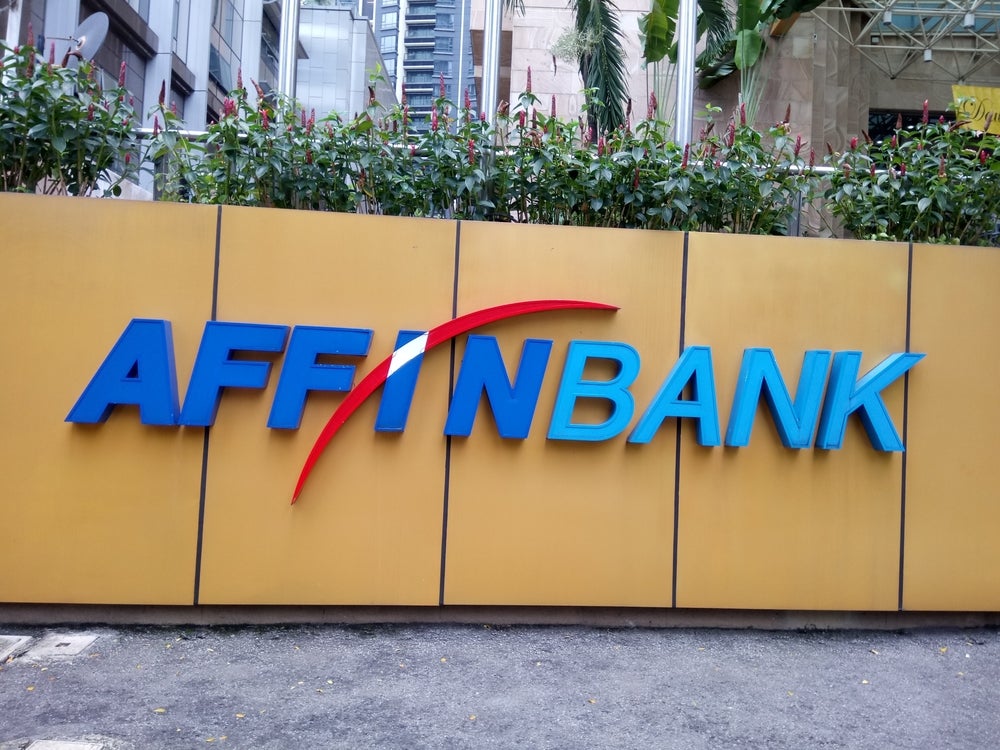
A lot has changed since Mark Carney first launched GFANZ with a huge fanfare at COP26 in Glasgow. During the conference, Carney announced the mobilisation of a staggering $130trn of private capital: the total sum of assets under management by GFANZ signatories at the time – which was soon revealed to involve significant double counting.
Months later, GFANZ ran into further problems. In September 2022, three months after Race to Zero – a global net-zero campaign encompassing businesses, cities, regions and investors – committed members including GFANZ to make plans to phase out all unabated fossil fuels, a series of major Wall Street banks publicly threatened to leave Carney’s initiative, citing problematic antitrust or ‘competition’ laws.
Although GFANZ promptly removed the requirement for its members to sign up to Race to Zero, with Carney publicly citing antitrust concerns as the reason, this incident set in motion a chain of events that effectively led to a number of core members – including the world’s second-largest asset manager, Vanguard – pulling out of the alliance.
Coinciding with the emergence of a heavily politicised anti-ESG [environmental, social and governance] movement in the US, Republican politicians threatened prominent members of GFANZ with litigation – including the world’s largest asset manager, BlackRock – and caused more institutions to pull out. In spring 2023, the Net-Zero Insurance Alliance, the insurance arm of GFANZ, lost most of its members, with many blaming competition laws that preclude cartel-like behaviour between businesses.
These exits occurred against the backdrop of Russia’s war on Ukraine, which led to a global energy crisis after Russian pipeline gas exports to Europe plummeted. Energy security trumped energy transition in some investment and policy circles. This is thought to help explain why climate-related shareholder resolutions at energy companies received less support in 2023 compared with 2022. Leading investors are likely to have become warier about asking companies to commit to reducing fossil fuels, says Lindsey Stewart from financial services provider Morningstar.
GFANZ standing firm
“[It is a] challenging time that we are in,” says Eric Usher, head of the UNEP FI, which convenes three of GFANZ’s largest groups: the Net-Zero Banking Alliance, the Net-Zero Asset Owner Alliance and the Net-Zero Insurance Alliance.
How well do you really know your competitors?
Access the most comprehensive Company Profiles on the market, powered by GlobalData. Save hours of research. Gain competitive edge.

Thank you!
Your download email will arrive shortly
Not ready to buy yet? Download a free sample
We are confident about the unique quality of our Company Profiles. However, we want you to make the most beneficial decision for your business, so we offer a free sample that you can download by submitting the below form
By GlobalDataSpeaking to Energy Monitor at COP28 in Dubai, Usher noted that “the world has changed” since the launch of the Net-Zero Asset Owner Alliance in 2019, with a global pandemic, global energy crisis, political instability in the Middle East and anti-ESG backlash in the US all making the political environment more complicated. Nonetheless, financial institutions have not “backed away from the table”, he said.
Usher is clear-sighted on why financial institutions remain committed to their net-zero goals, amidst this turbulence. “You have politics, and you have business – and the reality is ESG is good business in the US,” he says.
Usher insists that the furore around antitrust laws has “not had such a significant impact” on financial institutions’ ability to work collectively on climate goals. He points to the fact that six new banks, including five from the Middle East and Africa, and one from Latin America, signed up to the Principles of Responsible Banking at COP28, a network that describes itself as the “world’s foremost sustainable banking framework” and which includes the Net-Zero Banking Alliance.
While some actors may have become “a bit more quiet” on net zero, most remain steadfast in their goals, says Usher, because they recognise that net zero is “strategically of value to their operations and to their shareholders”. Usher highlights that businesses in red US states – which have led the political charge against ESG investing – have actually benefitted the most from clean energy financing under the US Inflation Reduction Act.
GFANZ: from target setting to delivery
“[While COP26 in Glasgow] was really about setting targets… now the time for setting targets has passed, and it is about delivery,” says Usher. This will require institutions to find ways to “go down to an asset class or sectoral level”, to “try to understand what [their] footprint is in the industry [they are] working in, and more importantly, what is the pathway to decarbonise”.
To facilitate this process, GFANZ has come up with a series of publications, which include “voluntary recommendations” to help the financial sector decarbonise. This includes a consultation published in September 2023, outlining four strategies to finance a transition to net zero. In the consultation, GFANZ introduced the concept of Expected Emissions Reductions (EER), which cuts across these four strategies. Rather than penalising investment in polluting companies, the EER methodology rewards financial institutions based on the estimated volume of emissions avoided due to companies setting transition plans.
GFANZ presents EER in opposition to fossil fuel divestment, which it says will ultimately have no impact on real-economy emissions, given that when divesting, ownership of polluting assets simply changes hands.
GFANZ argues that a metric like EER is needed to incentivise engagement with companies that are holding back the transition. It points out that existing methodologies used to assess financial institutions’ climate performance do not consider transition finance; for example, investment in businesses that are conducting a managed coal phaseout.
While this may lead an institution’s financed emissions to rise in the short-term, under EER both real-economy and financed emissions can be expected to fall in the long term, GFANZ says. Conceptually, it can be thought of as analogous to the financing mechanisms for early coal plant retirements foreseen in the Just Energy Transition Partnerships (JETPs) with countries such as Indonesia.

Putting a price on carbon
Yet EER has a number of potential issues, many of which were flagged in responses to the consultation, and which GFANZ addressed in a December 2023 update to its recommendations for the financial sector. For example, EERs are calculated by assessing the gap between a “business-as-usual” and “transition” pathway. However, as GFANZ itself notes, estimating a theoretical business-as-usual baseline for a company is extremely challenging, given that “factors impacting their emissions profile may change, like technological advancements or demand changes or new industry standards”.
Financial non-profit Reclaim Finance has argued that “reliance on subjective counterfactuals parallels the conceptual foundation of carbon offsets – and is a key reason why that market is beset with scandals and suffers a profound crisis of legitimacy”.
To account for changes, GFANZ suggests that institutions “periodically update” emissions data for the baseline. However, this does not solve the problem that, as GFANZ’s report notes, a “late mover” is “more attractive from an EER perspective”.
Reclaim Finance says: “It is simply not credible to claim that pushing these companies… to transition out of oil, gas and coal requires not only continuing to provide [them] with huge amounts of loans, investments and financial services but to offer them even more.”
Usher claims EER “has a lot of potential and has gained a lot of interest”, although he concedes that “a lot of work still has to be done” in developing the methodology, given that it currently remains a “concept… in a preliminary stage”.
A key point for Usher, however, is that whatever the approach, he increasingly hears calls from inside the finance industry that “a carbon value is needed to shift the whole economy towards net zero”. He cites mechanisms like carbon offsets, or JETPs, as existing financial incentives to support decarbonisation.
From high-level statements to regulatory practice
When Usher spoke to Energy Monitor, halfway through COP28, it remained an open question as to whether the final text would include strong language on phasing out fossil fuels. However, the conference concluded with a landmark text that calls on parties to begin “transitioning away from fossil fuels in energy systems”. Many observers hope this will usher in the kind of supportive global policy environment that Usher says is the “most important” thing for financial institutions.
The year 2023 was also a big one for sustainable finance regulation, from the publication of the International Sustainability Standards Board’s first drafts on climate-related disclosures, to new rules in the US and EU on sustainable finance disclosures.
For partnerships like GFANZ, hope remains that additional guidance around how competition laws relate to group efforts to decarbonise will prevent anti-trust rules being a barrier to membership. In 2023, for example, the UK Competition and Markets Authority published draft guidance on environmental sustainability agreements, promising “a more flexible approach to enforcing competition law, especially in relation to “climate change agreements”.
Usher points to these developments as evidence that legal frameworks are adapting so that financial institutions are “essentially justified in working together” when the reason is “not about essentially profit maximisation purposes”.
Going forward, it remains to be seen whether GFANZ will set firmer rules for members around fossil fuel financing. If it instead decides to push EER for reducing financed emissions, the alliance will have to convince civil society this is more than an accounting trick to avoid tougher climate legislation.







